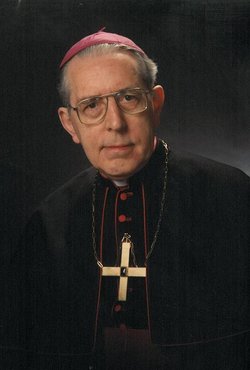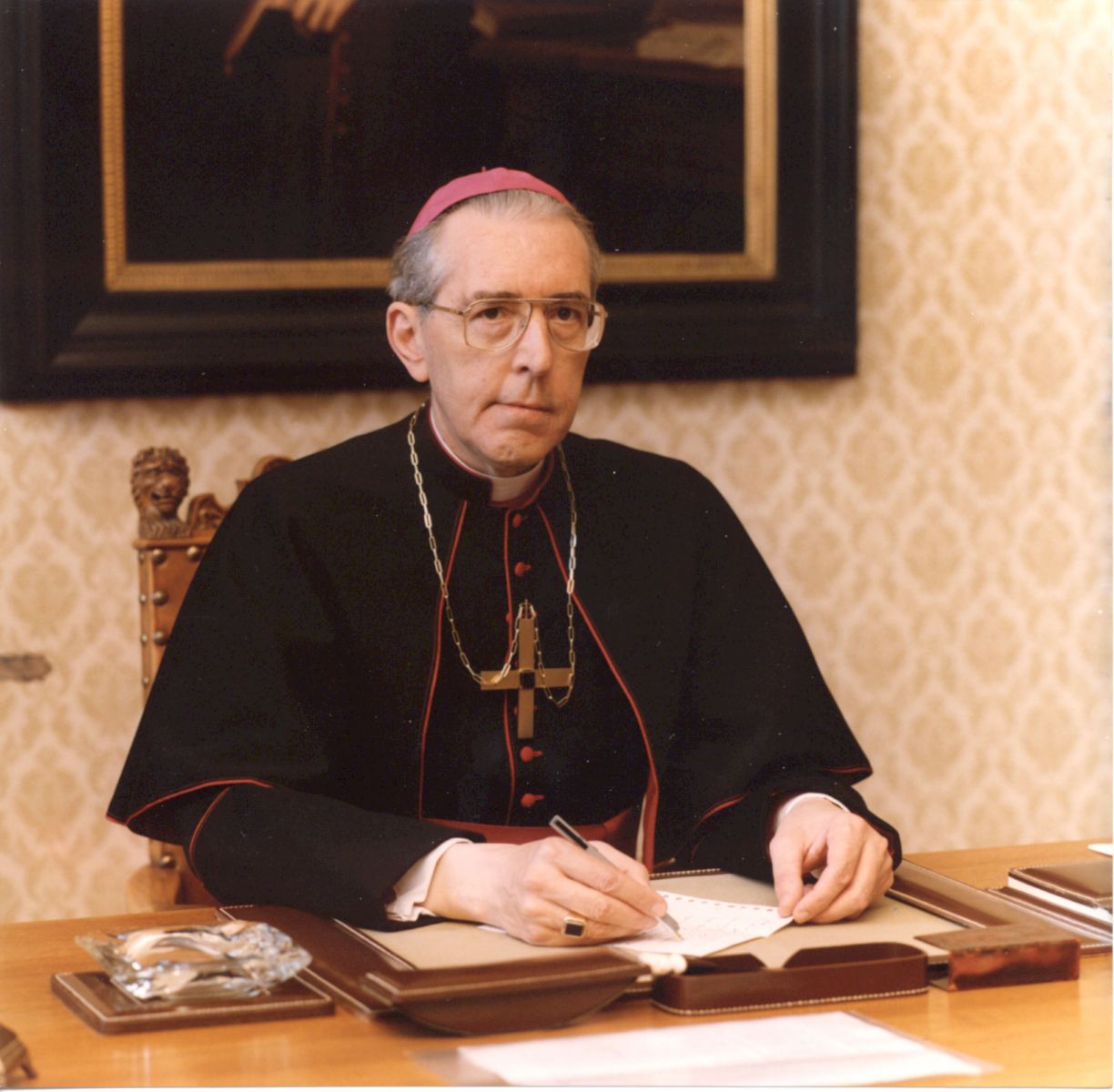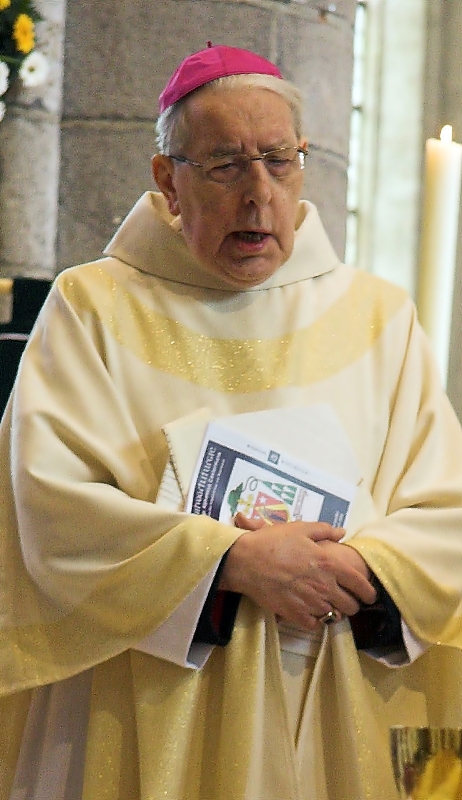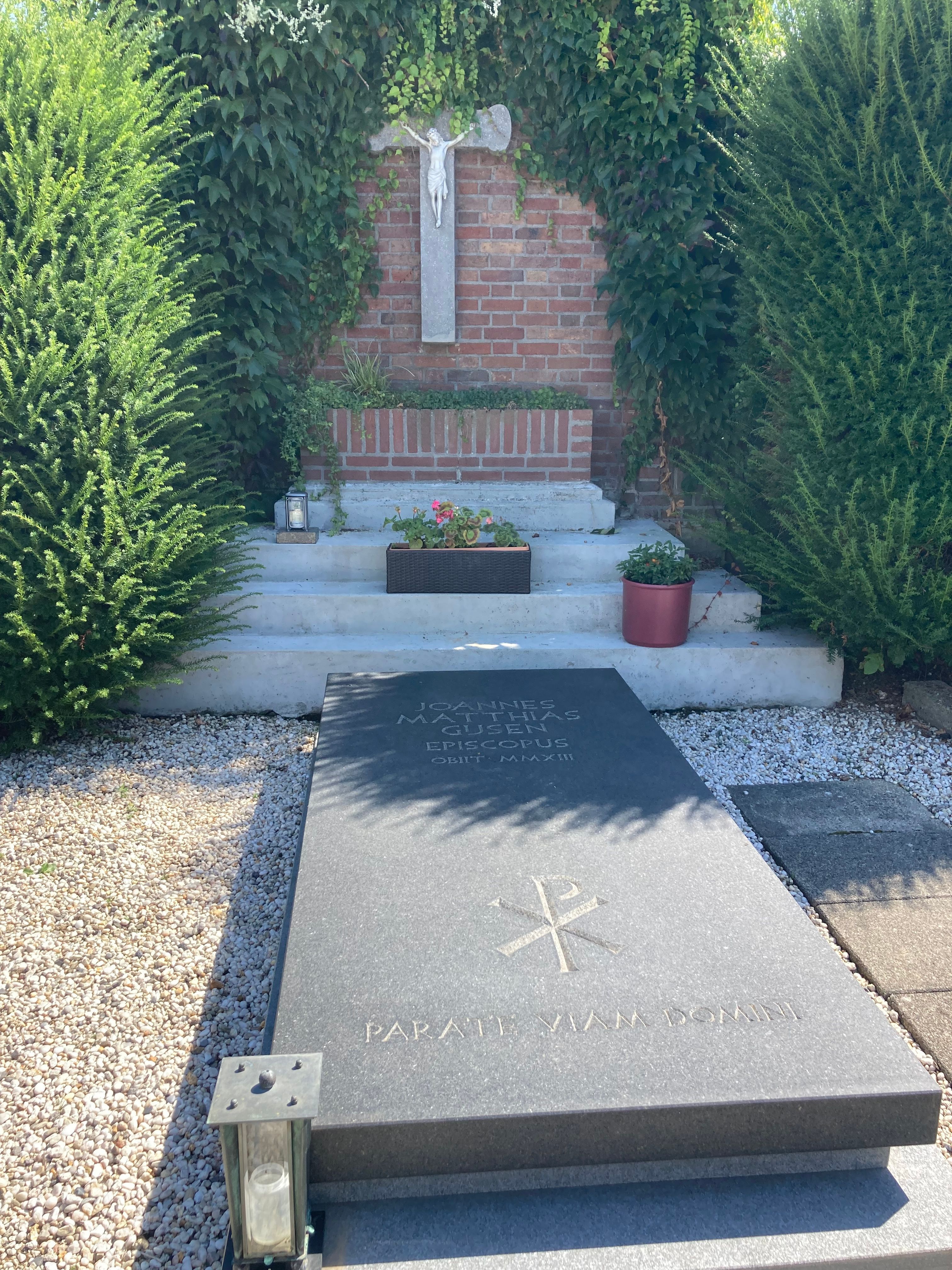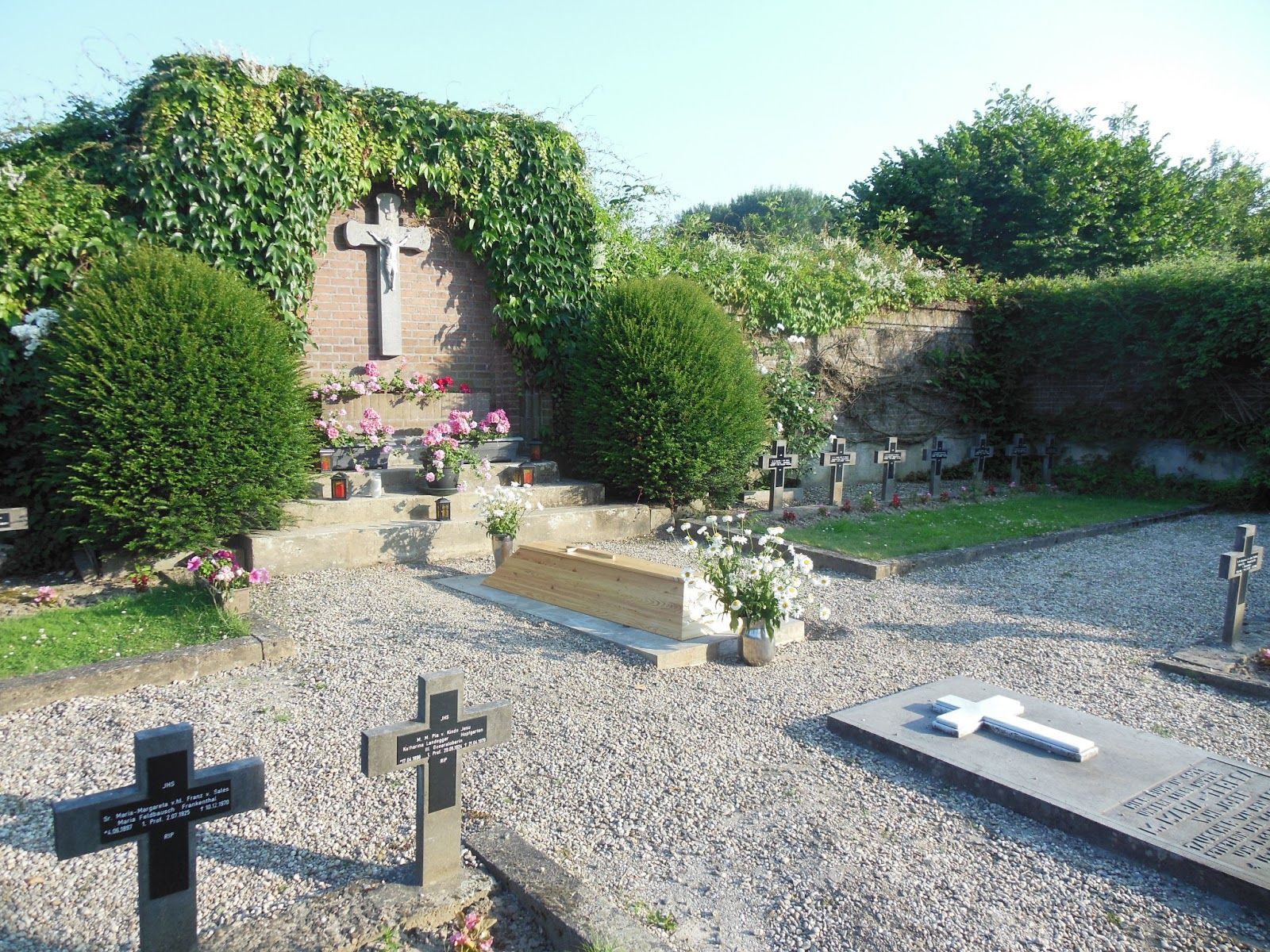Born on October 7, 1932, in Oeffelt, a village in the Diocese of 's Hertogenbosch, just on the border with the Diocese of Roermond, he was ordained to the priesthood for that latter see on April 6, 1957, by Bishop Joseph Lemmens. Serving mainly as a teacher at the seminaries of Kerkrade and Maastricht, he pursued studies in theology and church history in Münster and Bonn. At the early age of 39, he was appointed the 22nd Bishop of the Diocese of Roermond, a move that was quite controversial, as the new bishop was known for his conservative views. His appointment was seen as one imposed from Rome. Gijsen received infact his episcopal consecration there from Pope Paul VI in Rome, assisted by Cardinals Bernard Alfrink and William Conway. Cardinal Alfrink, the Archbishop of Utrecht, would have preferred that the consecration had taken place in Roermond as a first step towards reconciliation, but was evidently overruled. Bishop Gijsen was installed at St. Christopher's Cathedral in Roermond on March 4, 1972.
Although he modernised the diocese in the line with the Second Vatican Council, Bishop Gijsen became known for his uncompromising conservative attitudes towards variois ethical issues. On January 23, 1993, Bishop Gijsen, suddenly and unexpectedly resigned from office, moving to Austria as a convent rector. The Bishop later stated that the decision came due to health reasons, infact, the next three years were spent in health recovery.
Once better, on May 24, 1996, he was appointed Bishop of Reykjavík, Iceland, where he stayed until his retirement on October 30, 2007. Returning back to the Netherlands, he spent his last years in Sittard with one of his sisters, taking pastoral care of a local Carmelite nuns monastery.
Most serious in his later years were several accusations that surfaced regarding sexual abuse, both in Roermond and in Reykjavik. While no accusations were deemed inadmissible in court, they do point towards serious mismanagement on the part of Bishop Gijsen. His death came after a lengthy illness on Monday, June 24, 2013, at the age of 80, following an incurable form of cancer. He was laid out in state for two days in the chapel of the named Carmelite monastery, with funeral Mass, presided by Cardinal Adrianus Simonis, who also delivered the homily, being celebrated on Saturday, June 29, at St. Christopher's Cathedral in Roermond. In accordance to his wishes, he was buried at the Carmelite Monastery of Sittard.
Born on October 7, 1932, in Oeffelt, a village in the Diocese of 's Hertogenbosch, just on the border with the Diocese of Roermond, he was ordained to the priesthood for that latter see on April 6, 1957, by Bishop Joseph Lemmens. Serving mainly as a teacher at the seminaries of Kerkrade and Maastricht, he pursued studies in theology and church history in Münster and Bonn. At the early age of 39, he was appointed the 22nd Bishop of the Diocese of Roermond, a move that was quite controversial, as the new bishop was known for his conservative views. His appointment was seen as one imposed from Rome. Gijsen received infact his episcopal consecration there from Pope Paul VI in Rome, assisted by Cardinals Bernard Alfrink and William Conway. Cardinal Alfrink, the Archbishop of Utrecht, would have preferred that the consecration had taken place in Roermond as a first step towards reconciliation, but was evidently overruled. Bishop Gijsen was installed at St. Christopher's Cathedral in Roermond on March 4, 1972.
Although he modernised the diocese in the line with the Second Vatican Council, Bishop Gijsen became known for his uncompromising conservative attitudes towards variois ethical issues. On January 23, 1993, Bishop Gijsen, suddenly and unexpectedly resigned from office, moving to Austria as a convent rector. The Bishop later stated that the decision came due to health reasons, infact, the next three years were spent in health recovery.
Once better, on May 24, 1996, he was appointed Bishop of Reykjavík, Iceland, where he stayed until his retirement on October 30, 2007. Returning back to the Netherlands, he spent his last years in Sittard with one of his sisters, taking pastoral care of a local Carmelite nuns monastery.
Most serious in his later years were several accusations that surfaced regarding sexual abuse, both in Roermond and in Reykjavik. While no accusations were deemed inadmissible in court, they do point towards serious mismanagement on the part of Bishop Gijsen. His death came after a lengthy illness on Monday, June 24, 2013, at the age of 80, following an incurable form of cancer. He was laid out in state for two days in the chapel of the named Carmelite monastery, with funeral Mass, presided by Cardinal Adrianus Simonis, who also delivered the homily, being celebrated on Saturday, June 29, at St. Christopher's Cathedral in Roermond. In accordance to his wishes, he was buried at the Carmelite Monastery of Sittard.
Sponsored by Ancestry
Advertisement
Advertisement
